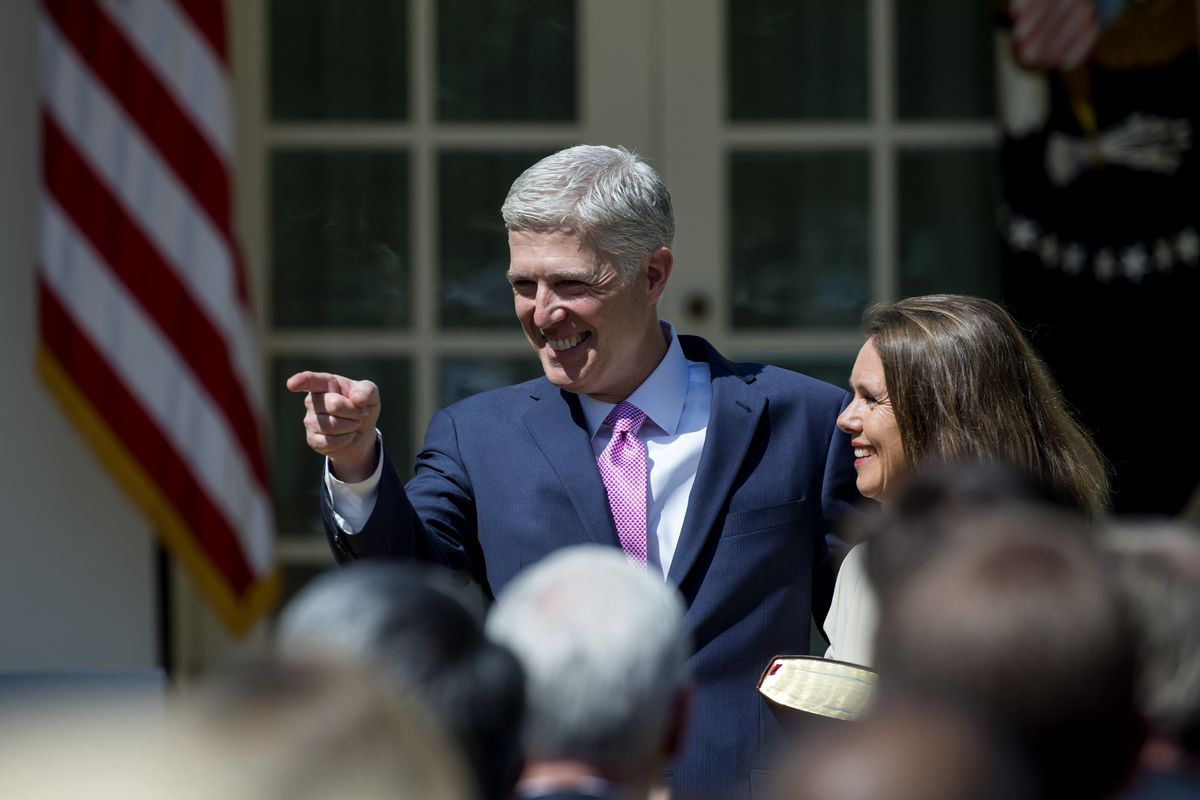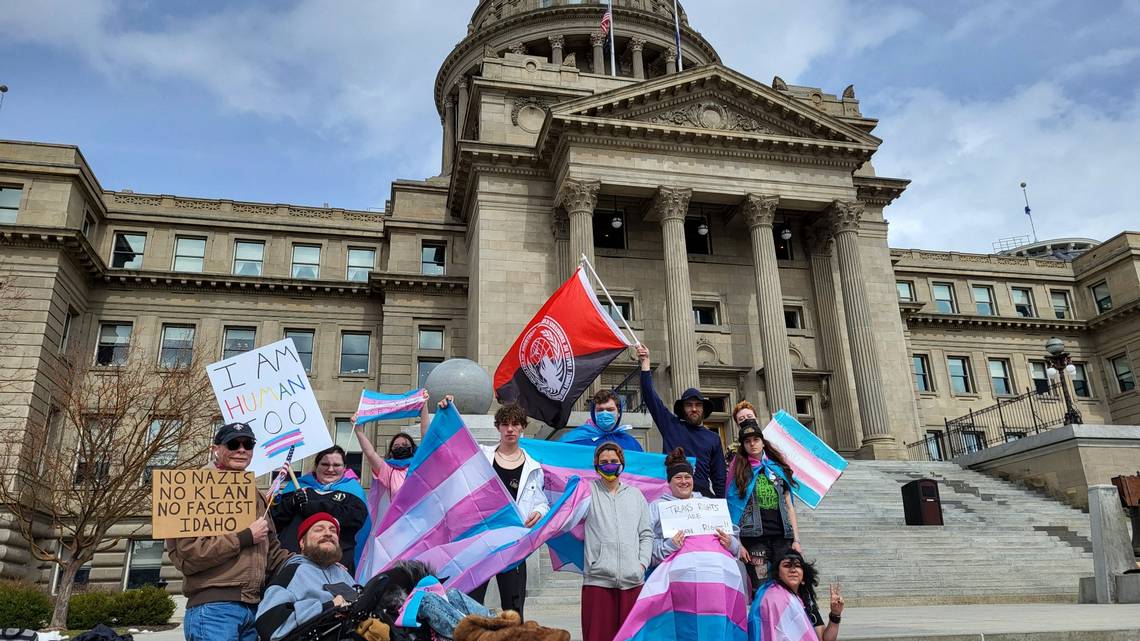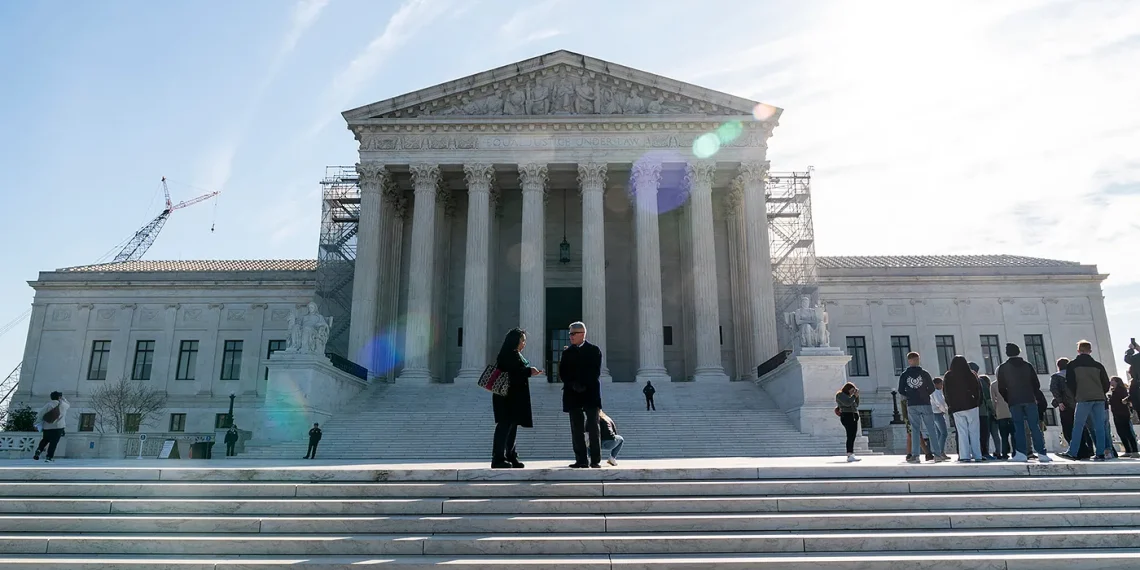The U.S. Supreme Court, with a conservative majority, granted Idaho’s request to enforce a law criminalizing gender-affirming care for transgender minors.
This decision comes after a federal judge blocked the law as unconstitutional. The injunction now applies only to the plaintiffs challenging it.
The law, known as the Vulnerable Child Protection Act, targets medical interventions for adolescents with gender dysphoria.

It prohibits treatments like puberty blockers and hormones, with penalties of up to 10 years in prison for healthcare providers. However, it allows such treatments for other medical conditions consistent with a minor’s biological sex.
Five conservative justices supported narrowing the injunction, while the three liberal justices dissented. The decision allows Idaho to implement the ban, excluding only the plaintiffs.
Idaho Attorney General Raúl Labrador praised the decision, emphasizing the state’s duty to protect children from what he termed “life-altering drugs and procedures.”
The ACLU, representing the plaintiffs, criticized the ruling, stating it would deprive thousands of families of necessary care.
The ACLU clarified that while the decision doesn’t address the law’s constitutionality, it’s detrimental to transgender youth and their families.
Justice Ketanji Brown Jackson, in a dissent joined by Justice Sonia Sotomayor, highlighted the complex and evolving nature of the case. She cautioned against hasty responses to alleged emergencies, especially in contentious matters.

The lawsuit argued that the law discriminates based on sex and transgender status. It contends that gender-affirming care has been beneficial for the plaintiffs’ mental health.
Justice Neil Gorsuch, in a concurring opinion with Justices Clarence Thomas and Samuel Alito, underscored the need for narrower injunctions to uphold judicial principles.
After the 9th Circuit declined to lift the injunction, Labrador sought Supreme Court intervention, supported by the Alliance Defending Freedom legal group.





